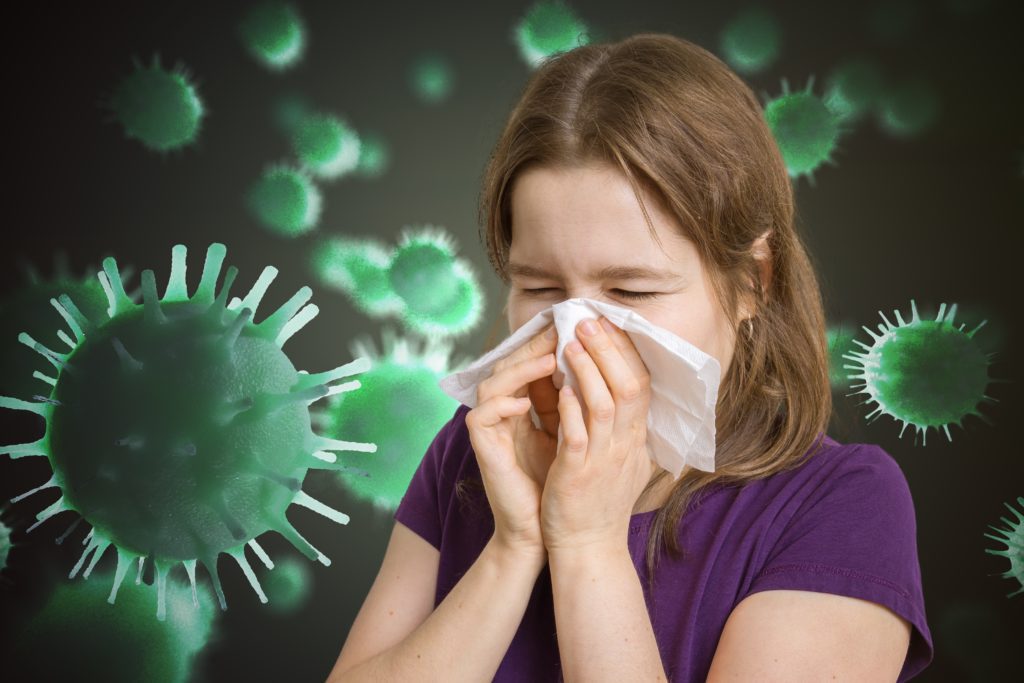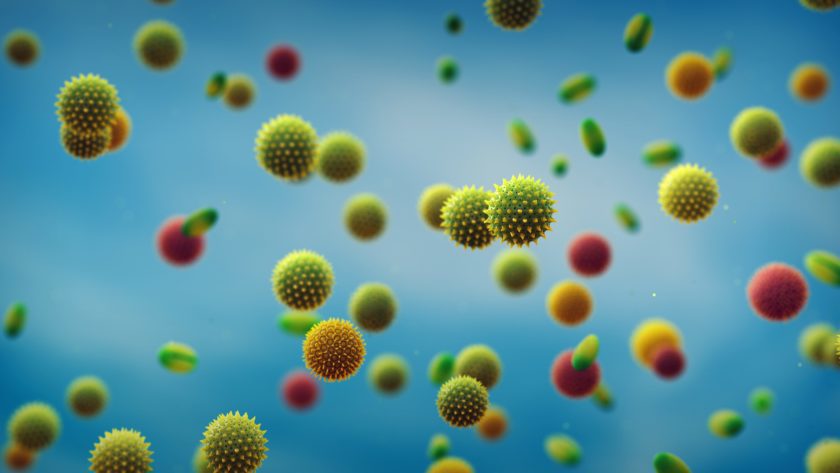UPDATE: Spring strikes 40 million Americans with seasonal allergies each year bringing on the usual coughing, sneezing and red itchy eyes. But researchers report that allergies may also cause psychological harm. Studies show allergies worsen mood, cognition and quality of life and can double the likelihood of depression.
Allergy-Depression Link
On the surface, if you can’t sleep well and you’re run down and miserable, it’s bound to worsen your mood and make you more vulnerable to depression. Moreover, when you’re congested and have to breathe through your mouth to get oxygen, it’s irritating and unattractive. Sufferers often avoid socializing and isolate themselves which further increases their risk of depression.
Biological Connection
There’s no evidence that allergies actually cause people to feel depressed, but emerging studies reveal allergies can be a risk factor for depression. Beyond the sleep problems that can lead to poor concentration and depression, research suggests that there’s a biological component to the “allergy blues” that afflict so many allergy sufferers.

Allergic ‘rhinitis’, or commonly known as a stuffy nose, causes specialized cells in the nose to release cytokines. These small protein molecules rev up the immune system response whereby pro-inflammatory cytokines “inflame” your cells and tissues.
These circulating compounds that trigger inflammation cause the excessive production of mucus (i.e., a runny nose, nasal congestion, and post-nasal drip), cough and pain. Studies reveal that cytokines can affect the brain and trigger sadness, malaise, poor concentration, and increased sleepiness.
The Body’s Worst Enemy
The body’s defense to allergens actually ends up becoming its own disease. Some individuals with severe allergies say they feel like they have the flu. Unlike the flu, though, allergies can last for several months and for some, they may strike year-round.
Major Depression
Animal studies found that when proinflammatory cytokines were administered, it induced ‘sickness behavior’ similar to depression in humans. These proteins may also reduce the levels of serotonin — a hormone that helps maintain feelings of well-being and is associated with depression and mood disorders when levels are low.
Side Effects of Drugs
Corticosteroid medications are commonly used to treat allergies as they help suppress the body’s immune system response. However, like all medications, corticosteroids have side effects and these steroid hormones carry an increased risk of anxiety and mood swings.
A 12-month study of 73,402 subjects over the age of 12 showed corticosteroid drugs elevated episodes of major depression and occurred three times as often compared to those who were untreated.





